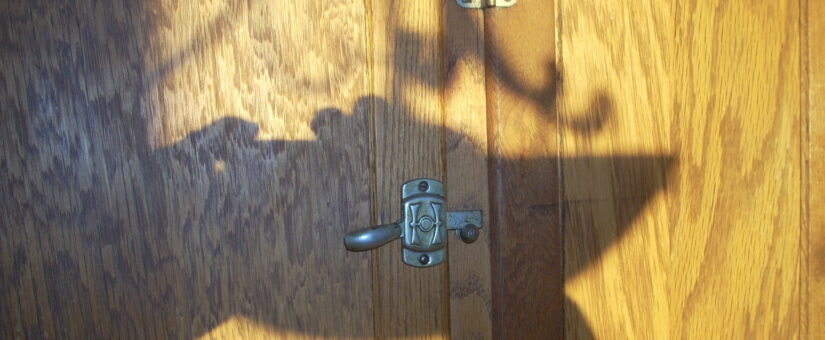
Salus Health Care Forum. December 2024
Jack
I’m hyperventilating just hearing the story about ice climbing. I started to feel anxious. I don’t know why.
Jeremy
Is that virtual challenge or virtual threat? Someone needs to find out what Jack’s oxytocin levels are!
Bill B
So, what are you doing living in Colorado?
Jack
I don’t mind looking at ice. Ny daughter-in-law is a climber. And my wife and I became certified top ropers in order to figure out how to do it. But I tried to watch the movie Freestyle where the guy tries to climb El Capitan in Yosemite Park. I tried to watch it on the airplane a year ago on a screen that was like four inches. I could not watch more than 10 minutes of it, even on a tiny screen. It was just too much for me. I can’t imagine it on the big screen or seeing it on the mega screen. I would have had a freaking heart attack. So, I think one of those type three or type four is just not fun. There may be one of those standards against which all others are judged–which is this is just not fun!
Jeremy
I want to segway to the second point that Jack made. He brought up a friend of his who had a very different attachment experience early in life. That brings to my mind the matter of adverse childhood events—which has really entered the lexicon of the primary care domain. We are really trying to struggle with what to do with this understanding. It provides a link between early behavioral mental health challenges or threats and long-term, profound health impacts. These adverse childhood events lead to such medical conditions as obesity, diabetes, and heart disease. Suicide rates are off the charts with high ACE scores. So, we now have this predictor when talking about allostasis. We now have the capacity to use a prediction tool to determine which children are going to have serious illnesses later in their lives. And yet the adoption of this screening has been very slow. In large part, this is because of the following reasoning: as a healthcare provider I am faced with a challenge when I have been provided with the whole idea about early childhood trauma by those in the domain of marriage and family psychology. Digging into the nature and impact of childhood trauma can be traumatizing both to the healer and the patient. There’s this concern that digging into the experience may reinforce traumatic events for the child. They can be re-traumatized. And of course, are the children going to tell you about their parents who are producing the traumatizing environment in which they live? To whom do you address these questions? If you ask the parents, are they going to give you an honest appraisal or an accurate ACE score?
I just think that Jack brings up an extremely important point, which is if you have an accumulation of chronic stress, then maybe everything’s a threat. Maybe that’s what happens—because as you said, Gay, history has reinforced the threat so many times that your predictions now don’t allow for challenges to be considered.
- Posted by Bill Bergquist
- On January 2, 2025
- 0 Comment



Leave Reply